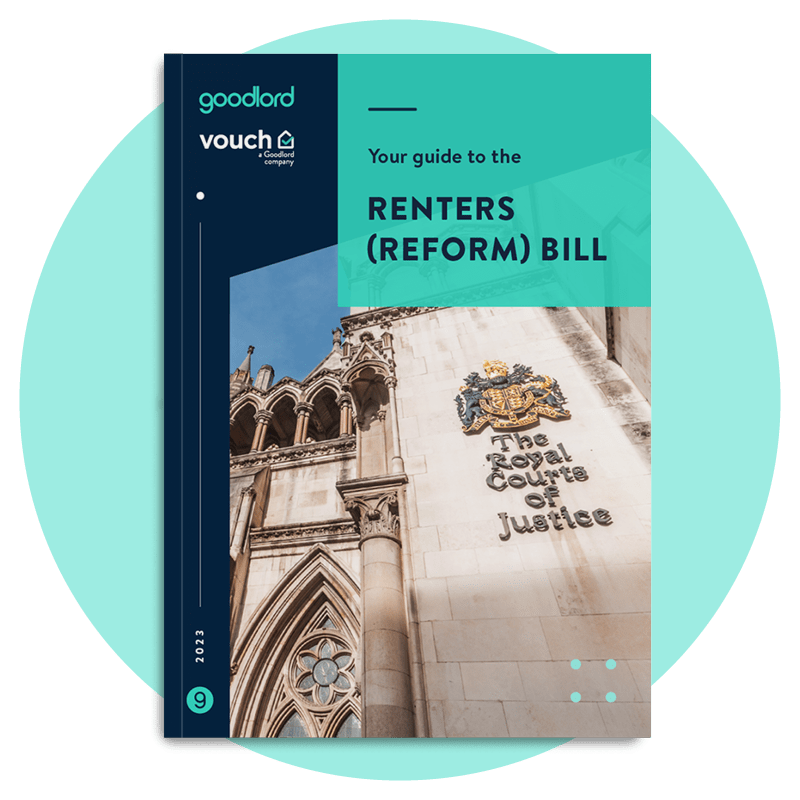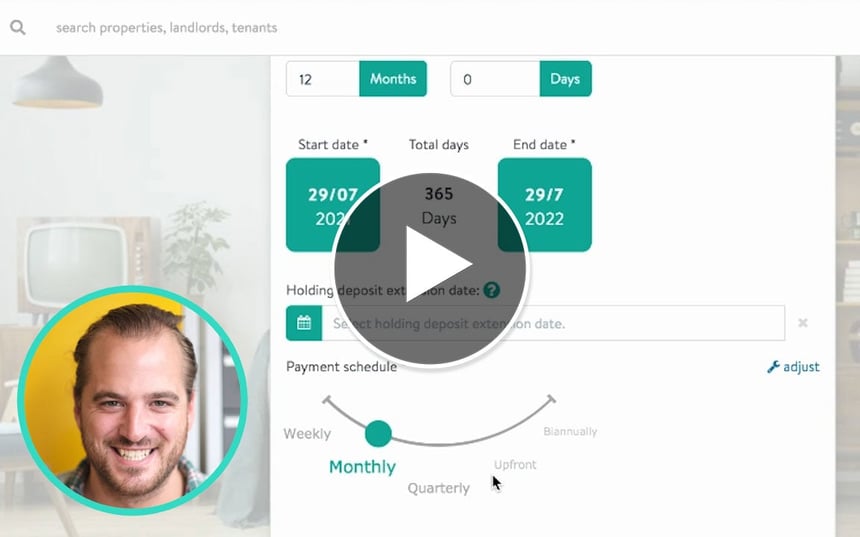Renters (Reform) Bill: Your guide to pets in lets
The government has set out new regulation for tenants who own pets - plus more ways for landlords to recoup costs in case of damages.
It has been traditionally more difficult for renters to find a property when they have a furry, fuzzy, scaly, or feathery friend. The Renters (Reform) Bill sets out more freedom for tenants with pets, while outlying plans to protect landlords from damage.
- Are tenants currently allowed a pet in a rented home?
- What's covered in the current model tenancy agreement pet clause?
- What will be the new rules for pets under the Renters (Reform) Bill?
- What if the landlord refuses to allow a pet?
- Will tenants pay for damages caused by pets?
- When will the changes be introduced?
🖥️ Watch our video on what agents need to know about the Renters (Reform) Bill
Are tenants currently allowed a pet in a rented home?
Pet ownership in a rented property is currently at the landlord's discretion. Government data from 2021 indicates that only 7% of private landlords advertised a pet-friendly rental - despite a 120% increase in demand for pet-friendly rental properties during the pandemic.
While it may be said in a tenancy agreement that pets aren’t allowed, this is seen as “unfair terms” as part of The Consumer Rights Act 2015. A blanket ban on keeping pets during a tenancy agreement may also make it easier to be discounted if it is ever challenged in court.
In January 2021, the government revised its Model Tenancy Agreement to help renters with well-behaved pets.
This agreement encouraged landlords to not default on a blanket ban on pets. Instead, the default position was changed to consent for pets, with landlords having 28 days to request a written pet request.
If an agreement doesn’t mention pets, it is harder for landlords to argue that they are not allowed during the tenancy.
What's covered in the current model tenancy agreement pet clause?
Landlords and agents should note that these additions are currently not legal requirements - the government's model agreement is optional.
The pet clause in tenancy agreements in England outlines that tenants must have their landlord's written permission to keep pets in a property. The landlord:
- can't "unreasonably withhold or delay" that written request
- should give their consent if they believe that the tenant is a "responsible pet owner" and that the pet is suitable for the property
- can't charge an additional non-refundable fee to the pet-owner
Landlords and letting agents can’t charge an extra fee or ask for a higher deposit if they agree to have a pet during the tenancy agreement, as it would breach the deposit cap requirement during the Tenant Fees Act 2019.
The landlord's consent for pets is the "default position" using this model. If the landlord doesn't reply within 28 days to the tenant's request, the request will be automatically granted to the tenant.
What will be the new rules for pets under the Renters (Reform) Bill?
The Renters (Reform) Bill indicates that tenants can request in writing to have a pet in their rented property. A landlord must have a “reasonable” ground if they wish to refuse this request.
Commenting on this point, Chris Norris, Policy Director at the National Resident Landlords Association (NRLA) said: "It still remains unclear as to the exact grounds on which landlords can refuse to let to tenants with a pet, so the government must provide greater clarity on this point”.
The Bill outlines the landlord has to give in or refuse consent by the 42nd day after the date of the request. This can be delayed by a further seven days if the landlord reasonably requests more information from the tenant.
If the tenant does not provide the information, the landlord is not required to give or refuse consent.
🖥️ Watch our video on what agents need to know about the Renters (Reform) Bill
What if the landlord refuses to allow a pet?
The government acknowledges that there will be situations where it will "always be reasonable for a landlord to refuse a request".
This can be, for example, in a rent-to-rent contract agreement where the superior landlord prohibits pets.
If a tenant disagrees with the landlord's decision or believes that the landlord has "unreasonably" refused, the tenant will be able to choose to escalate their enquiry to the new property ombudsman.
This new redress scheme will aim to solve disputes between landlords and tenants without involving the court.
Will tenants pay for damages caused by pets?
As part of the Renters (Reform) Bill, the government will amend the Tenant Fees Act 2019 to include pet insurance as a permitted payment. This means that landlords can require pet insurance, to cover any damage to their property.
When will the changes be introduced?
The Renters (Reform) Bill must go through the parliamentary process and achieve Royal Assent before it becomes law. Currently, the bill is about to enter its third reading in the House of Commons, the final stage before entering the House of Lords.
The government has indicated that rules for pets will follow a two-step process:
- Step one: The government will give six months notice for when these rules will apply to all new tenancies
- Step two: The changes to pets in lets will apply to all existing tenancies at least 12 months after step one.
This article is intended as a guide only and does not constitute legal advice. For more information visit gov.uk.











